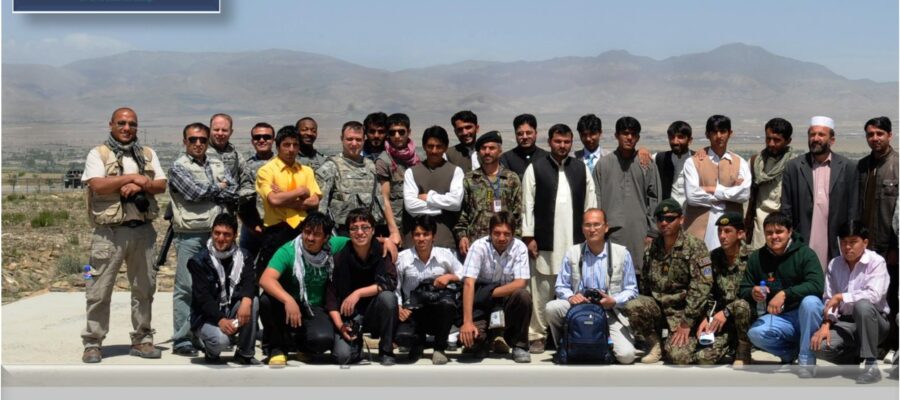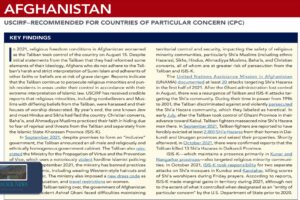Kauser News Agency received a Document, that over the past year, on average, more than 10 journalists per month have been purposefully detained by the Taliban’s intelligence services in the capital and provinces.
Statistics obtained indicate that in the past eight months, 80 journalists have been arrested by the Taliban’s intelligence services in the capital and provinces, of whom some were released after torture, beatings, and guarantees, while others are still held in Taliban intelligence prisons.
In just the past two weeks, at least 11 journalists have been detained in various regions of the country, and among them, nine are still in captivity.
Out of the 17 cases of detentions, not publicized, the arrests lasted from 1 to 3 hours, and only 63 of these cases have been reported by the media.
The Kauser News Agency has decided not to expose the names of the detained journalists, out of concern for their safety. The agency has instead handed over the names to the official channels, in the hope that this will help to secure their release.
The detention of journalists is a serious violation of the right to freedom of expression. The IE has repeatedly promised to respect the rights of journalists, but its actions have shown that it is not yet willing to do so.
One of the journalists who was detained by the Taliban’s intelligence services five months ago, and prefers not to be named, told Kauser News: “I spent several days in the Taliban’s intelligence prison, and alongside torture and beatings, they extracted a strong commitment from me not to engage in any activity contrary to the policies of the Islamic Emirate, and after strong guarantees, they released me.”
This journalist reported the dire conditions of prisoners and stated that prisoners’ situation in Taliban intelligence detention houses is harsh, and they use force and pressure to extract statements from most of the prisoners, with no consideration for human rights.
He said, “In such circumstances, I can no longer work here. Not reporting the truth about journalist deaths, and currently facing gradual death myself, I don’t have the means to leave the country.”
Hakim Hassas, the brother of Abdul Haseeb Hassas, a local patriot journalist in Kunduz province who is currently in detention by the Islamic Emirate, says that the Islamic Emirate has transferred him to Kabul, and they have only been able to see him once, but they have not been given any details about the reasons for his arrest or his fate.
He asks the Islamic Emirate to clarify his brother’s fate as soon as possible; if he’s a criminal, they should prove his crime, and if he’s innocent, he should be released.
International journalist support organizations, the Afghan Journalists Center, and several other media-supporting organizations express concern over the continued detention, torture, and beatings of journalists in Afghanistan. They state that the Taliban are trying to control journalists alongside media activity restrictions, and they do not allow any reports to be published in domestic media without their approval.
Reporters Without Borders has also urged the interim government of Afghanistan to unconditionally release these journalists.
Previously, Abdul Haq Hammad, the head of the Taliban’s Ministry of Information and Culture, had stated that these restrictions were imposed to protect Islamic principles and values, and any action against the media is aimed at safeguarding these values.
These restrictions have resulted in around 50% of visual, audio, print, and online media activities being halted in Afghanistan in the past two years.
It’s worth noting that over the past two decades, more than 200 radio stations, about 100 television networks, and dozens of print and online publications were active in Afghanistan. The statistics from the Afghan Journalists Center show that with the emergence of the Taliban government in the past two years, due to economic problems and imposed restrictions, over half of the media outlets in the country have ceased operation, and around 30% are on the verge of closure, with only a few hours of activity per day.





